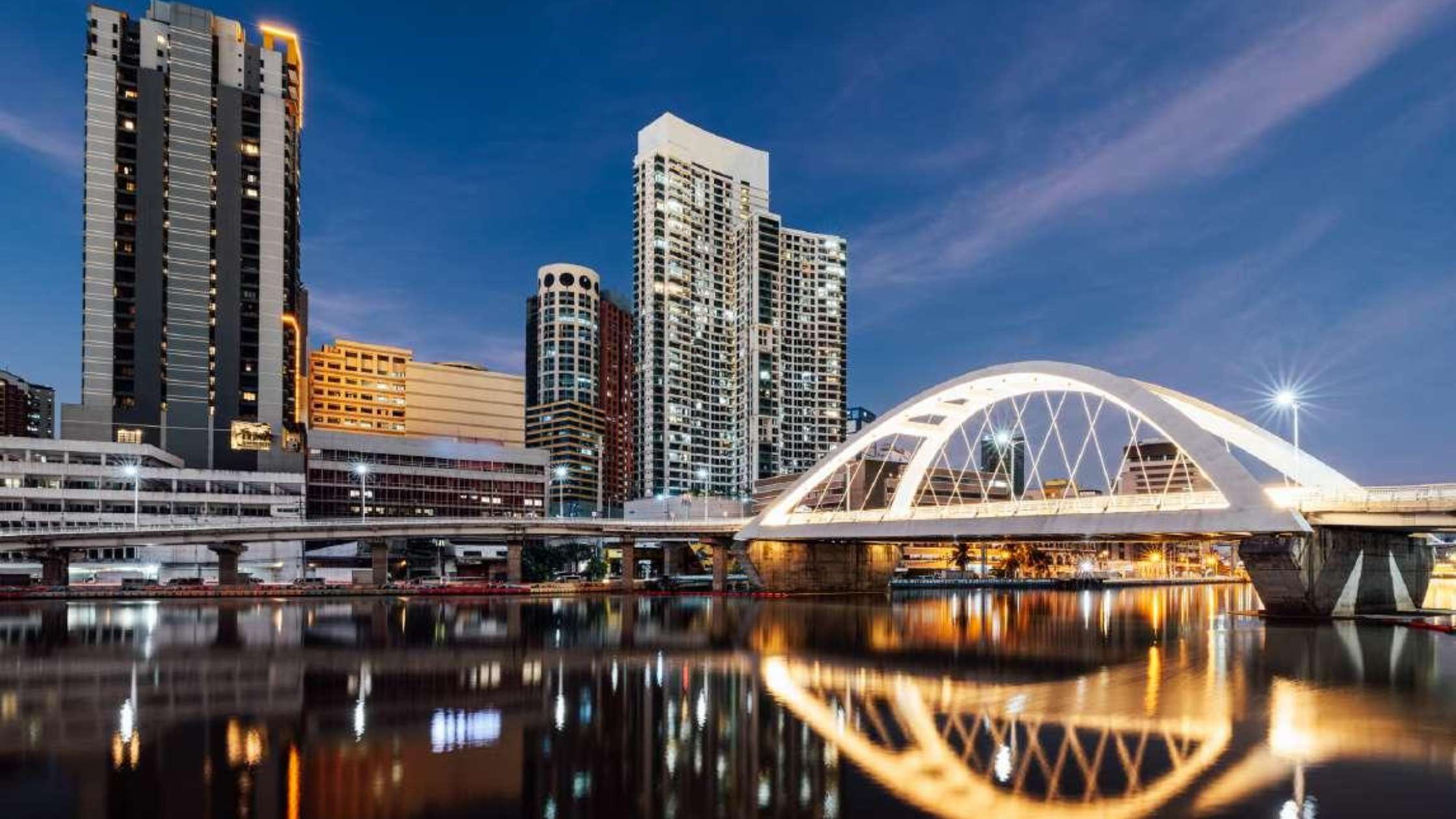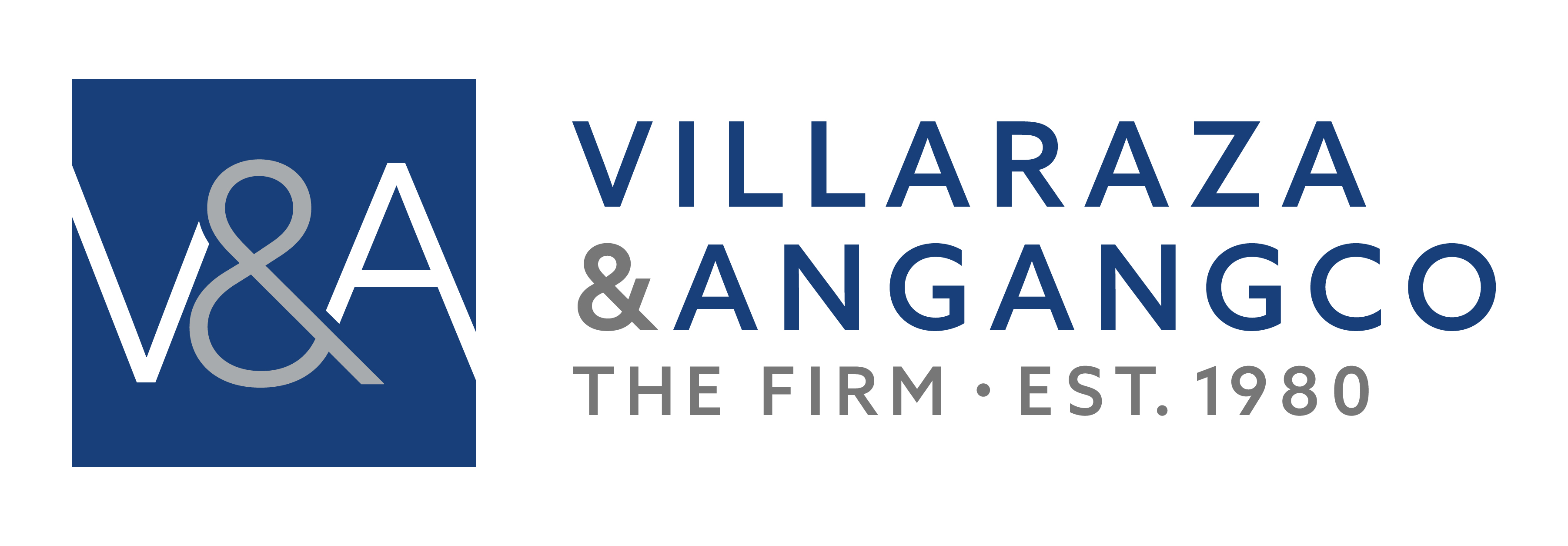July 1, 2024
Mark Benjamin C. Yam Rachelle Ann L. Go On 10 March 2024, the Bureau of Immigration (“BI”) reported that approximately 153,000 foreign national (“FN”) holders of immigrant and non-immigrant visas took part during the 2024 Annual Report requirement of the BI. This is 13% higher than the 136,065 FNs who participated in the previous year’s Annual Report.1 Of note is the fact that a large percentage of the FNs who have been granted non-immigrant visas are those who have been granted the Pre-arranged Employment Visas (i.e., 9[g]). In its Accomplishment Report for the year 2023, the BI reported that the Board of Commissioners (“BOC”) had approved 72,472 9(g) Commercial Visas in 2023 and 59,885 visas in 2022 and 3,454 9(g) Missionary Visas in 2022 and 3,980 visas in 2023.2 The foregoing figures show that there is an increase in the number of FNs who have expressed their intention to work in the Philippines on a long-term basis (i.e., at least one [1] year). While there are other non-immigrant visas that a FN may apply for to work in the Philippines, this article will focus on the steps and requirements to secure a 9(g) Commercial Visa. It is important to also point out that Philippine law requires that a foreign national working in the Philippines should secure work authorization, whether in the form of a 9(g) Commercial Visa, or a temporary work permit. Background on the 9(g) Visa Section 9(g) and Section 10 of the Commonwealth Act No. 613, as amended, or the “Philippine Immigration Act of 1940” provides that FNs who intend work in the Philippines under prearranged employment may... June 27, 2024
Kristin Charisse C. Siao, Carlo Augustine A. Roman The global push toward Environmental, Social, and Governance (“ESG”) practices in businesses of all sizes has seen rapid growth in recent years, with the Philippines being no exception to this growing movement. More and more, industry leaders and model organisations across the local business landscape have placed increasing emphasis on non-financial metrics that address critical social and environmental issues, with an eye toward making sure that business practices and investments will continue to be sustainable not merely on the basis of the balance sheet, but also society as a whole. Truly, investors in both the Philippines and abroad have become keener toward focusing on not just mere economic growth, but inclusive, balanced, and sustainable growth that can be maintained in the longer term. With this in mind, legislators and regulators in the Philippines have slowly but surely adjusted to the growing call for ESG monitoring and enforcement. As such, it is slowly becoming impossible for businesses to ignore social and ethical considerations when running their day-to-day affairs in this jurisdiction. Sustainability Reporting Guidelines for Publicly Listed Companies Consistent with global ESG trends and the push toward greater transparency for non-financial and sustainability issues –particularly in the present economic climate which prioritises environmental and social impact of businesses more than ever – the Securities and Exchange Commission (“SEC”) published Memorandum Circular No. 4, Series of 2019, or the “Sustainability Guidelines for Publicly Listed Companies (“PLCs”)” (the “SEC Sustainability Guidelines”), in order to help PLCs assess and manage non-financial performance across economic, environmental, and social aspects of their organisation. The reporting guidelines aimed... May 4, 2024
In-House Community Firms of the Year 2023 – Top Law Firms in Philippines Winners in ⭐bold Honourable mentions in italics Alternative Investment Funds (Including Private Equity) ⭐ Allen & Overy ⭐ Picazo Buyco Tan Fider & Santos ⭐ Romulo Mabanta Buenaventura Sayoc & de los Angeles ⭐ Villaraza & Angangco Puyat Jacinto & Santos Banking And Finance ⭐ ACCRALaw ⭐ Gatmaytan Yap Patacsil Gutierrez & Protacio (C&G Law) ⭐ Puyat Jacinto & Santos Law Offices ⭐ SyCip Salazar Hernandez & Gatmaitan ⭐ Villaraza & Angangco Gorriceta Africa Cauton & Saavedra Quisumbing Torres Romulo Mabanta Buenaventura Sayoc & De Los Angeles Corporate And M&A ⭐ ACCRALaw ⭐ Quisumbing Torres ⭐ Romulo Mabanta Buenaventura Sayoc & de los Angeles ⭐ SyCip Salazar Hernandez & Gatmaitan ⭐ Villaraza & Angangco Cruz Marcelo & Tenefrancia Puyat Jacinto & Santos Law Offices Aviation ⭐ Ocampo, Manalo, Valdez & Lim ⭐ Platon Martinez Flores San Pedro & Leaño SyCip Salazar Hernandez & Gatmaitan Capital Markets ⭐ ACCRALaw ⭐ C&G Law ⭐ Puyat Jacinto & Santos Law Offices ⭐ SyCip Salazar Hernandez & Gatmaitan ⭐ Villaraza & Angangco Quisumbing Torres Picazo Buyco Tan Fider & Santos Employment ⭐ ACCRALaw ⭐ C&G Law ⭐ SyCip Salazar Hernandez & Gatmaitan Quisumbing Torres Siguion Reyna, Montecillo & Ongsiako Antitrust/ Competition ⭐ C&G Law ⭐ Quisumbing Torres ⭐ SyCip Salazar Hernandez & Gatmaitan ⭐ Villaraza & Angangco Romulo Mabanta Buenaventura Sayoc & de los Angeles Mabanta Buenaventura Sayoc & de los Angeles Energy And Projects ⭐ C&G Law ⭐ Gulapa Law ⭐ Puyat Jacinto & Santos ⭐ SyCip Salazar Hernandez and Gatmaitan ACCRALaw Villaraza... April 25, 2024
MA. CARLA P. MAPALO, AMBER SHAWN A. GAGAJENA, MA. ANDREA V. NAGUIT The Philippines has exhibited a strong and positive momentum in 2023 with the implementation of key legislative and regulatory measures in a bid to steer the economy to stability. These measures, primarily aimed at attracting foreign direct investments, played a pivotal role in engendering investor confidence by eliminating bureaucratic hurdles and streamlining regulatory complexities. Foreign Players in the Retail Trade Industry At the behest of the Philippine government, Republic Act (“RA”) No. 11595 was passed, which amended the Retail Trade Liberalisation Act (“RTLA”) and relaxed the basic requirements for a foreign retailer to engage in retail business in the Philippines. A foreign retailer refers to a foreign national, partnership, association, or corporation of which more than 40% of the capital stock outstanding and entitled to vote is owned and held by a foreign national, engaged in retail trade. Prior to the amendment of the RTLA, a foreign retailer may only engage in retail business if it has a minimum paid up capital of USD 2,500,000.00. With the amendment, the prescribed minimum paid up capital for retail trade enterprises with foreign equity has been lowered to PHP25,000,000.00 (approximately USD 500,000.00). For foreign retailers with more than one physical store, the amendment decreased the minimum investment per store from USD 250,000.00 to USD200,000.00. The amendment also removed certain pre-qualification requirements which foreign retailers must secure from the Board of Investments. Similarly, under the Foreign Investments Act (“FIA”), micro and small domestic market enterprises with paid-in equity capital of less than USD 200,000 are generally reserved for Filipinos and corporations... January 18, 2024
Brief background of PPPs in the Philippines As early as 1990, the Philippine has recognized the significant role and contribution of the private sector in delivering basic government services to be more accessible to the public. To maximize the untapped potential of public-private partnerships (“PPP”), the Philippine Congress enacted Republic Act No. 6957 or “An Act Authorizing the Financing, Construction, Operation and Maintenance of Infrastructure Projects by the Private Sector, and for Other Purposes.” Said law enumerated the possible contractual arrangements between the public and private sector for the implementation of government projects such as build-operate-and-transfer, build-and-transfer, build-own-and-operate, build-lease-and-transfer, contract-add-and-operate, develop-operate-and-transfer, rehabilitation-operate-and-transfer, rehabilitation-own-and-operate. Based on a report produced by the Asian Development Bank dated December 2020, from 1990 to 2019, around 116 PPP projects have achieved financial closure, covering a variety of sectors such as airports, electricity, information and communications technology, ports, railways, roads, and water and sewerage. Additionally, total amount of investments made during the same period is approximately $43.95 billion. During the effectivity of Republic Act No. 6957, several amendments were introduced, and rules and regulations were passed to ensure unified and proper implementation of the law. Under the Revised Implementing Rules and Regulations (“IRR”) of Republic Act No. 6957, local government units were given liberty to formulate additional guidelines or procedures for their own projects that are not in conflict with the law. Thus, in its efforts to centralize and consolidate the various rules governing PPP projects, the Philippine Congress passed Republic Act No. 11966 or the “Public-Private Partnership Code of the Philippines” (“PPP Code”). The PPP Code covers “… all contractual arrangement between an... By Firm
Key Person Profile
Upcoming Events
Recent Past Events







 Villaraza & Angangco Law
Villaraza & Angangco Law Kristin Charisse C. Siao
Kristin Charisse C. Siao Ma. Carla P. Mapalo
Ma. Carla P. Mapalo Richard Henrick I. Beltran
Richard Henrick I. Beltran







